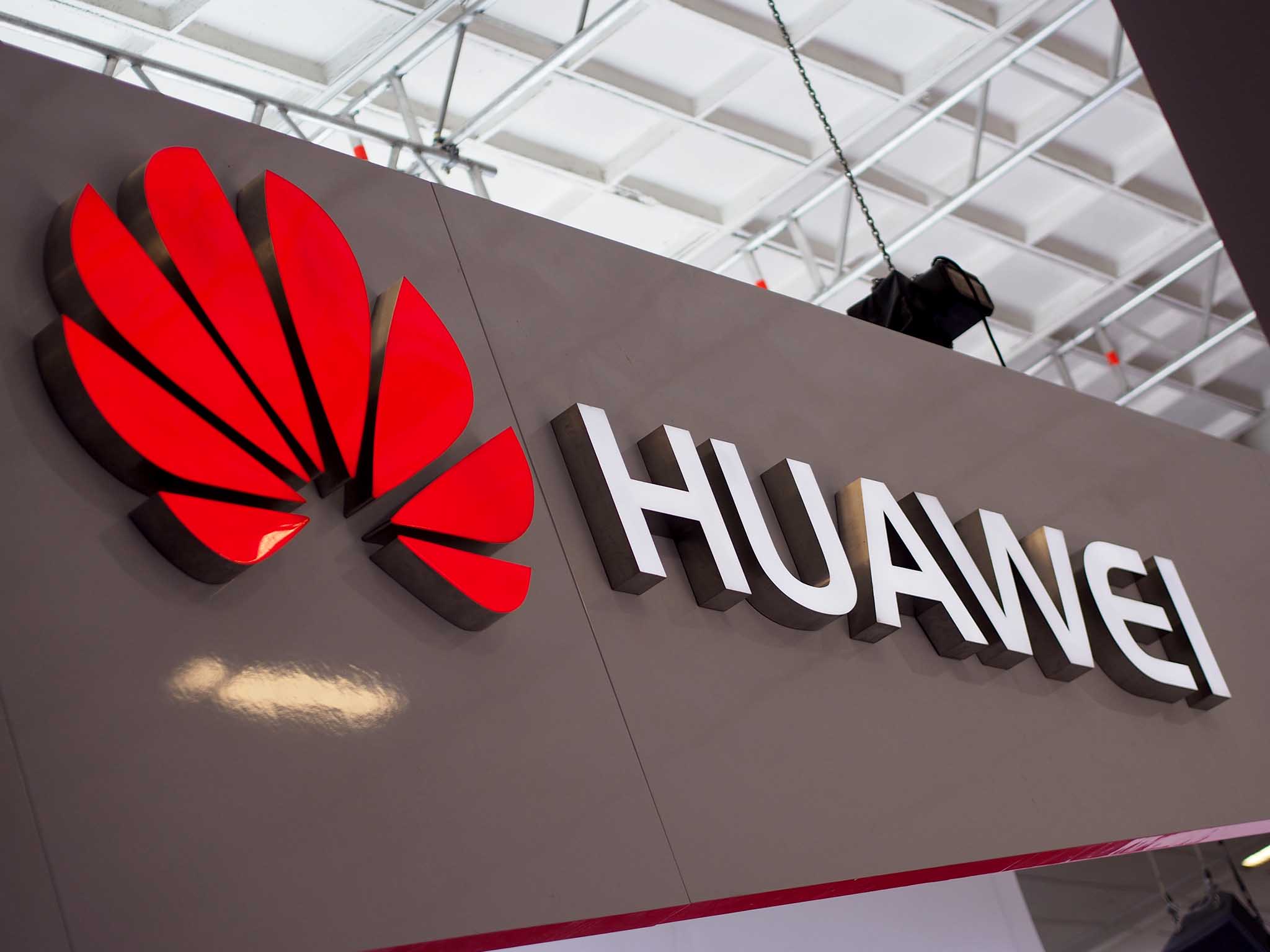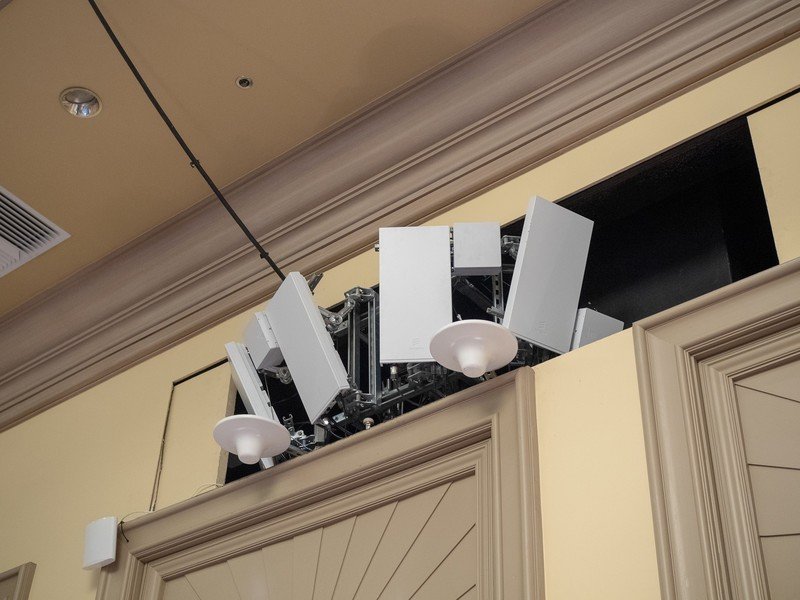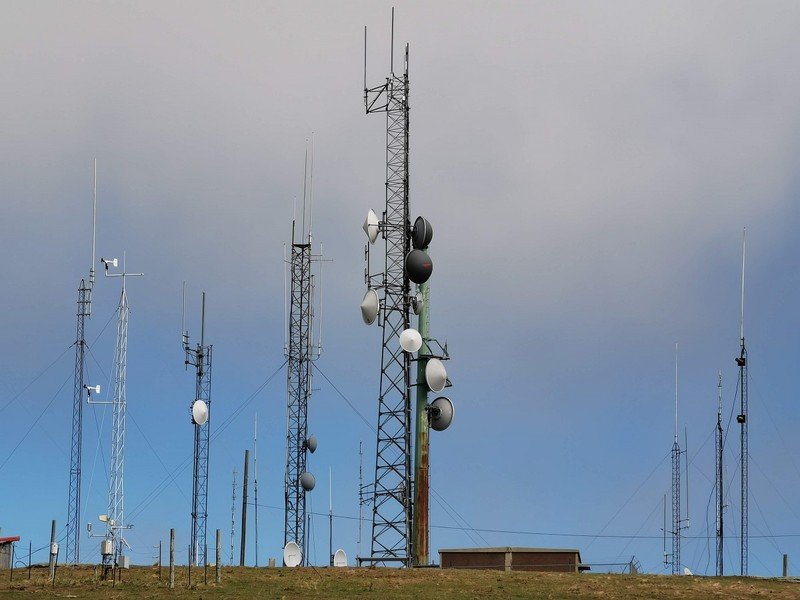The tech war with China is only ramping up in 2022

The U.S. and China are in a full-on war over the tech that will power what comes next from almost every industry. What started as a trade dispute under the Trump administration has grown under President Joe Biden, and there is no predicting how things will end.
Things haven't worked out as expected so far, either. Three years later, Huawei and ZTE (the original targets of Trump's economic bans) are still alive and kicking, producing new equipment every year. In fact, Huawei is still making smartphones after every pundit was sure the company wouldn't even be around.
The P50 Pro happened anyway
Huawei is back with another P series flagship phone with just one limitation because of the crushing trade bans that prevent the company from accessing components — it's using the 4G-only version of the Snapdragon 888 from Qualcomm.
Like the past few phones from Hauwei, it also has no access to Google's proprietary software but can run Android Harmony OS because all the code that makes Android's base is free and open. But, of course, since Harmony OS is just Android with a China-only Huawei app store, there's no real surprise.
The rest of what you would expect from Huawei, like big expensive cameras featuring the Leica brand name, is there, along with Huawei's own AI and ML platform, to make things just a bit smarter. These are the things that Huawei used to make some of the best Android phones you could buy before "the troubles."
Huawei still being in the smartphone market is surprising because of the limitations placed on the company by the U.S. and its trade partners, but phones weren't the target of the initial ban or the subsequent sanctions. Instead, those were aimed at Huawei's real money-making arm: Its 5G equipment.
5G and other smart tech

Huawei and ZTE, as well as a handful of smaller Chinese companies, produce high-quality and inexpensive 5G equipment. Not the kind of equipment you or I can buy, though, the kind companies like cellular carriers and cable companies buy. Before the original ban, there was enough Huawei and ZTE equipment inside the U.S. to be worrisome, but in other parts of the world, the two companies were the global leaders because of the value.
Be an expert in 5 minutes
Get the latest news from Android Central, your trusted companion in the world of Android
The ban and current further sanctions are because of two reasons. The first is that the intelligence community fears that the companies making critical equipment could be somehow placing Chinese spy tech or software backdoors into the tech. It's possible, but never really proven and if there is doubt placing a hold is probably the wise decision. You wouldn't want equipment crucial to running your power grid or water utility to be compromised.
The second reason is economics, plain and simple. For decades the U.S. was the global leader in tech R&D and innovation. That has slowly shifted and is being challenged by — you guessed it — China. China has thrown the might of its government, including billions and billions of funding, into efforts to catch up to the U.S. and surpass it through an initiative called MIC (Made In China) 2025. The current global pandemic also contributed to further tensions between the two countries, with President Biden issuing executive orders to address the supply of medical supplies and rare metals in addition to the previous rules regarding chips and batteries.

There's also concern about China using less than scrupulous practices like IP theft, reverse engineering, and even state-sponsored financial terrorism (for lack of a better term) to gain headway against the west. These ideas and economic concerns have been pushed by multiple U.S. lawmakers, causing a government reaction. Was the MIC 2025 initiative an actual move to push the U.S. further into an economic downfall, or is China backing industrial espionage attempts against U.S. companies? There's no solid proof, but many in the U.S. government believe this.
The fallout for consumers isn't as bad as it could be. Yes, it's difficult to buy a new car, and the release of new smartphones was delayed on multiple occasions, but the U.S. economy hasn't collapsed yet. Other less visible disruptions happen every day, too. For example, telecom giant Lumen Technologies (formerly CenturyLink) was recently forced to remove all Huawei equipment because it wants to provide services with the USDA. In addition, the FCC seeks to ban Huawei and others from selling surveillance and security cameras currently used in schools and airports in the U.S., a move that will undoubtedly follow an order to remove the equipment. While there are programs that provide taxpayer dollars to companies because of these moves, consumers will still see increased prices.
What's next?

Based on global sales numbers, the U.S. is about to win this war, but that data may be deceiving. If there are worries that companies like Huawei are nothing more than state-sponsored production facilities, turning a profit doesn't really matter as long as global disruption is the true goal.
China is the largest single market for almost everything in the world. It has the most people, who need (and want) the most things, and its growth is in the same key areas that brought such a boom to the U.S. in the decades after World War II — manufacturing. Not only tech manufacturing, but more mundane yet vitally essential things like lumber and steel.
The current trade war may be able to slowly chip away at those industries by trying to deny the tech needed to grow and modernize, but it won't have much of an impact. The U.S. is focused on another of its strengths, namely tech R&D and innovation. Our government believes that stifling growth in adversarial countries is required to grow at home. It may be correct, and some economists would surely agree. One positive is the bipartisan support for tech grants and actual government investment in core tech companies.
Both countries are playing the long game, so things will worsen before they get better.
China is also playing the long game, and it started earlier. The Chinese government has an investment in every large company within its borders, tech-related or not. Funding and support will increase to bolster growth, especially against an economic adversary that has made it known it no longer wants to be friendly. You really can't blame either the U.S. or China here because both governments are looking out for their own bests interests and the best interests of their citizens.
Right now, the best we can do as consumers is support initiatives that would move us as a nation towards the goals we each believe in and hope that the economic war doesn't evolve into a conventional war.

Jerry is an amateur woodworker and struggling shade tree mechanic. There's nothing he can't take apart, but many things he can't reassemble. You'll find him writing and speaking his loud opinion on Android Central and occasionally on Threads.
